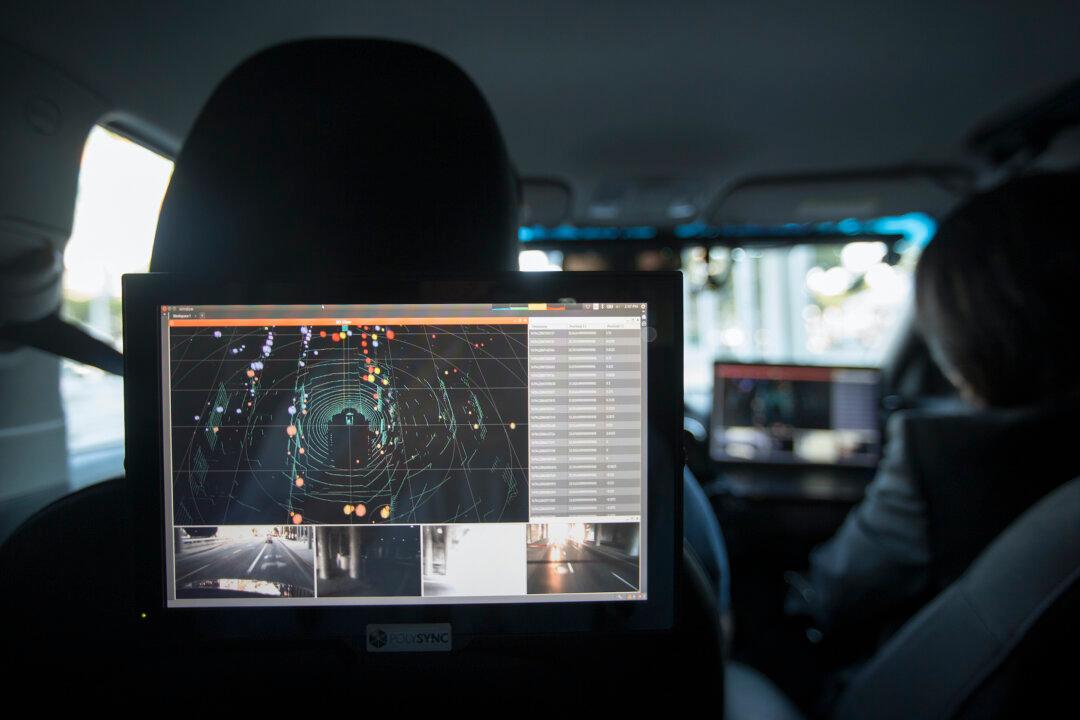A bipartisan group of House lawmakers is requesting that the Biden administration investigate all Chinese light detection and ranging (LiDAR) technology companies over national security concerns.
“LiDAR is a critical technology used in autonomous systems and robotics but is currently not subject to U.S. export controls or government procurement restrictions,” the 20 lawmakers wrote in a Nov. 28 letter addressed to Commerce Secretary Gina Raimondo, Defense Secretary Lloyd Austin, and Treasury Secretary Janet Yellen.




